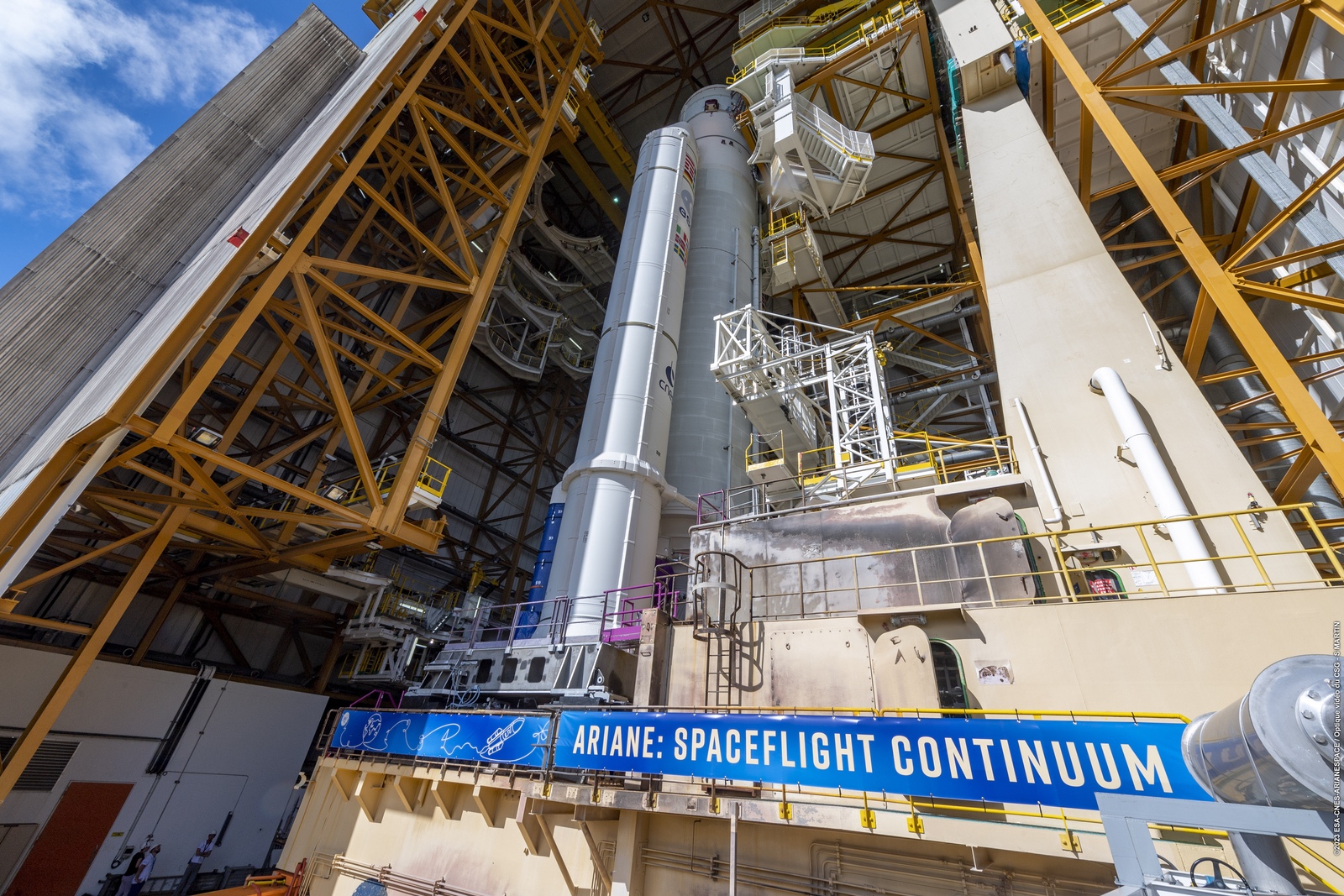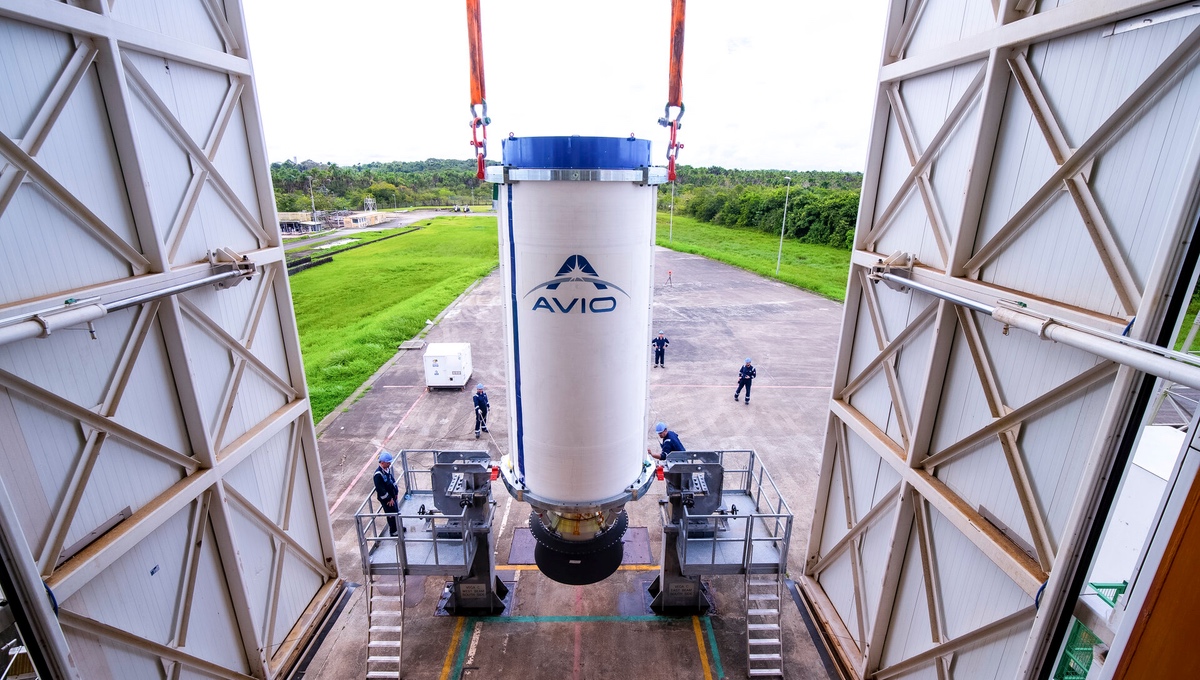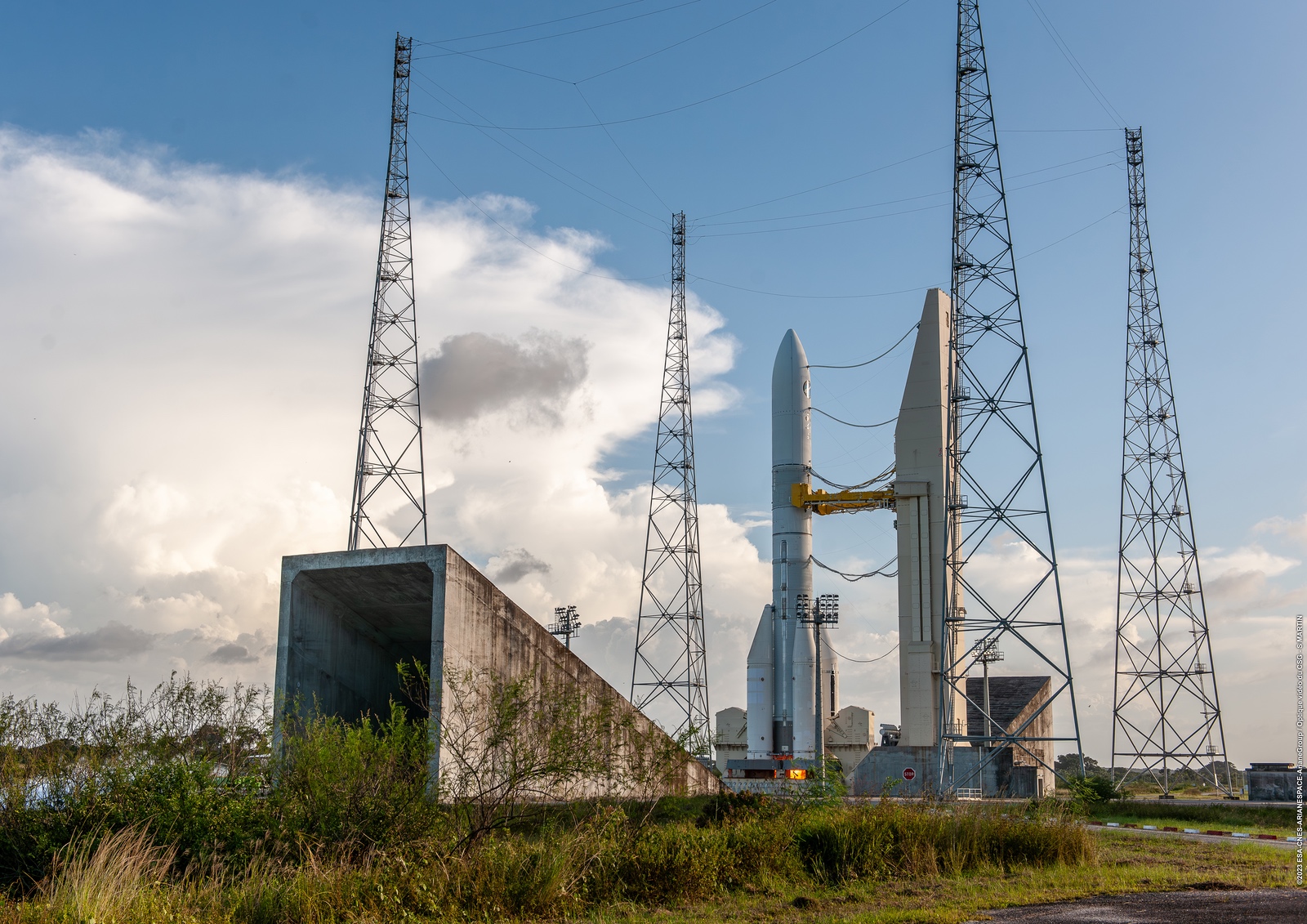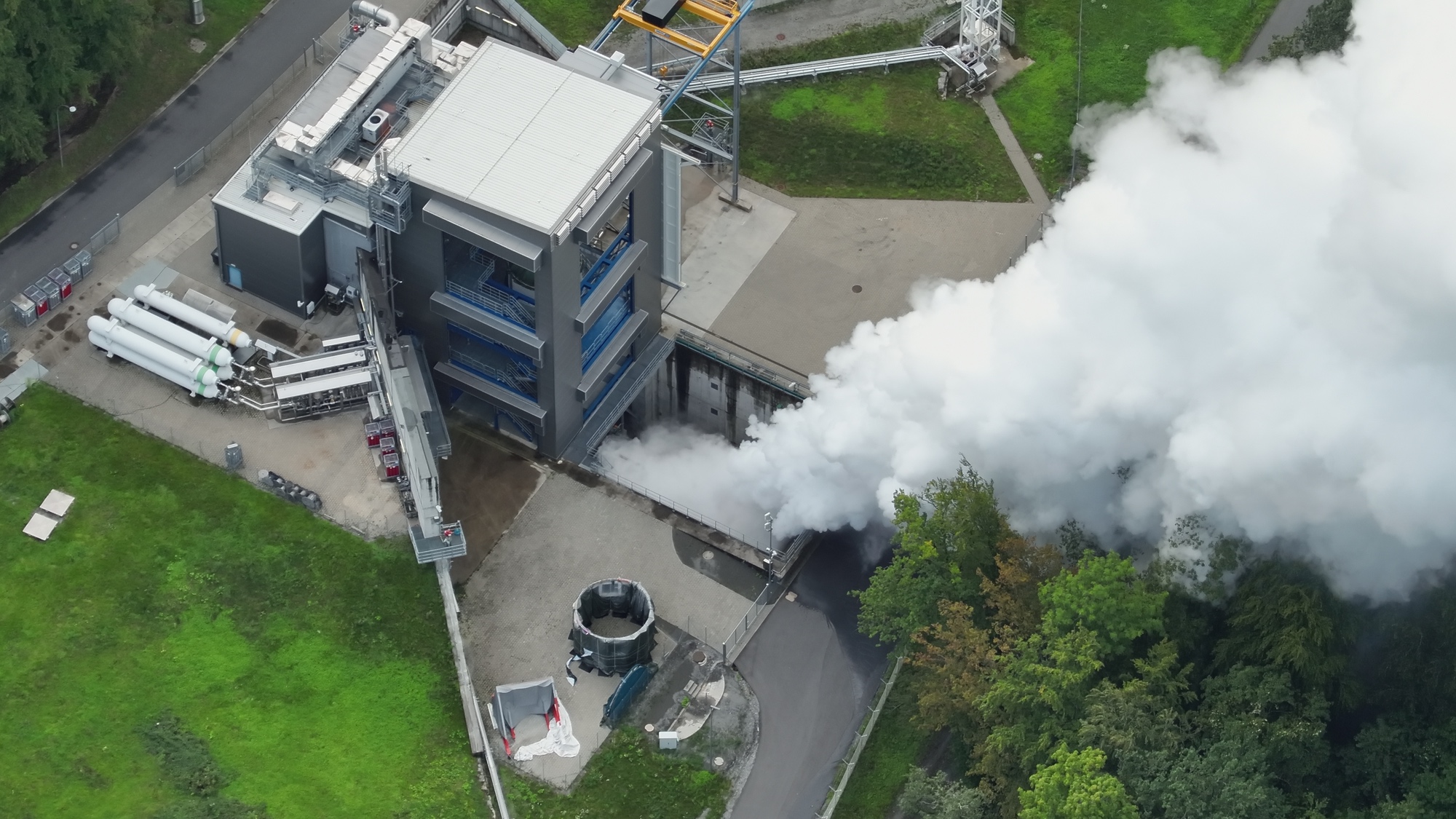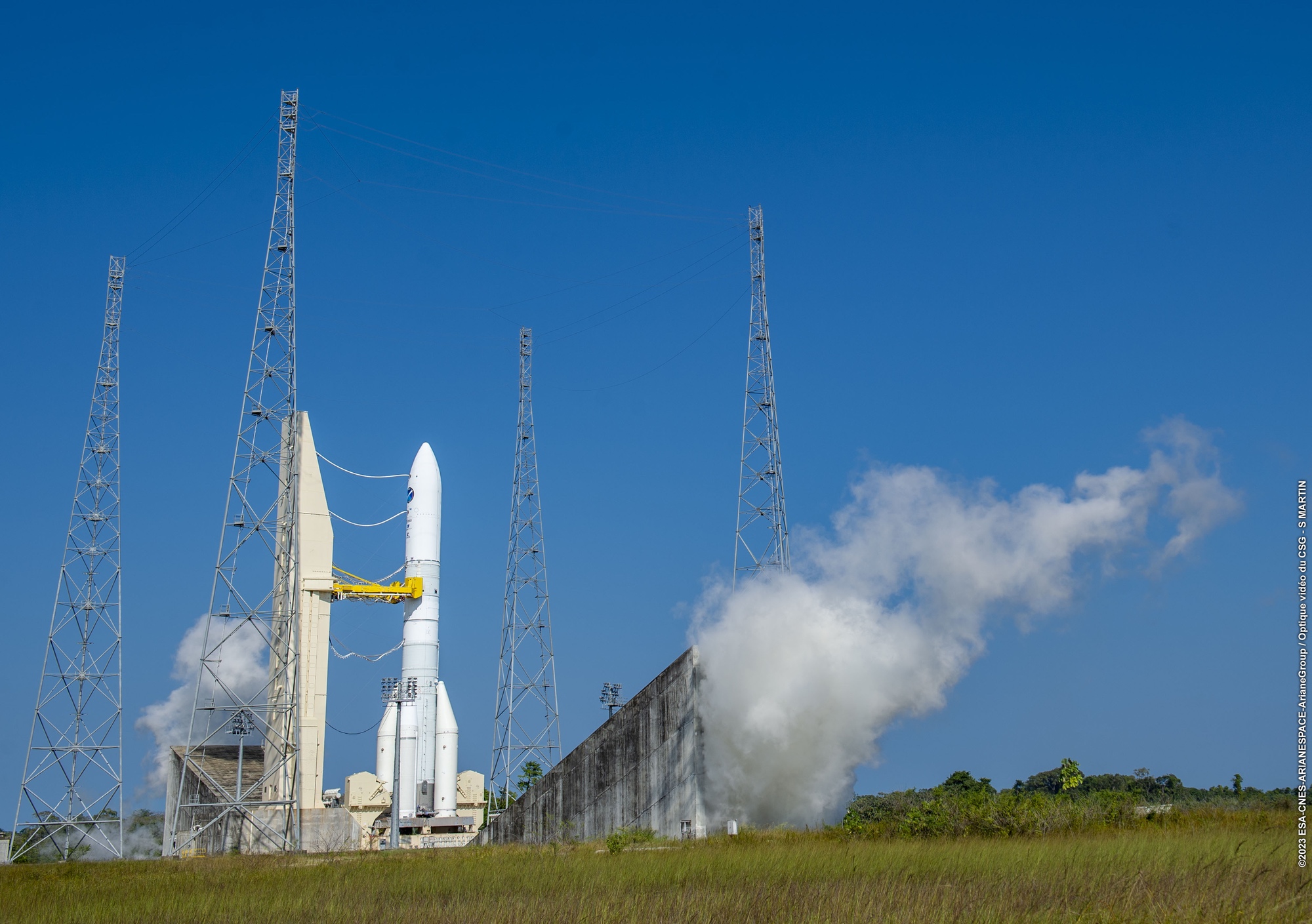It was never going to happen. Ariane has been attracting people for decades who are steeped in expendable rockets that launch at long intervals as part of a national prestige program. Those are not the people that you need to tackle rapidly-reusable rockets. Worse, they won't step aside to let others do the job. It's their job, their paycheck, their prestige, etc. They just aren't capable of thinking in terms of this new paradigm.
Not really.
The lifecycle of an Ariane rocket is a function of a mega sized, heavily state funded European conglomerate, all within that conglomerate trying to achieve a singular goal that isn'y really the priority for anyone except for perhaps Arianespace (all 200 employees...). The
nobody walks away happy compromise decisions leaders of the various direct entities come to on overall direction are simply the most informed they can be when they're made and are heavily based on a) funding and b) demand. Comparing to the Falcon 9 lifecycle, its most important to recognize that falcon had both a) a backstop of effectively unlimited funding PLUS the absence of any other competing corporate interests and b) the internal need to huck an unprecedented amount of *sugar* into space.
a) ArianeGroup, very much like ULA, is a merger of two mega A&D corporations (its a relatively new entity FTR, but near as makes no difference the history is consistent with the point). Like Boeing and LM, Airbus and Safran are also publicly traded and have plenty of other priorities besides trying to design and launch rockets, and so internal funding is always a competition with other much more lucrative business units...not to mention shareholder demands. The state monies coming into the program--very much like various state funded activities in the US and around the world--come with some pretty specific expectations that aren't overly concerned with the commercial profitability (or not) of the product.
In other words, there's not a lot of opportunity for the decision-making leadership within Ariane to act on Big Think. It is in fact NOT at ALL that those people aren't
capable of a new paradigm (in fact if you talk to them they all have aspired for A6 to be more than simply a better/upgraded A5), its that they simply aren't given the runway to execute on said paradigm.
b) Its worth reminding that there's an inflection point at which reusable rockets
actually become a more cost effective idea than expendable. Much like everything ever in the history of volume anything, one needs to rightsize supply and demand. Just as there's no point in McLaren Automotive building a Toyota Corolla sized production line, there's actually not a lot of value in Ariane dumping $B's into significant reusability based on their and the global launch rates. It's worth highlighting again that, beyond Starlink, there really HASN'T been massive growth in global launch demand. F9 has been (more or less) continually growing, but largely at the expense of their competitors (A5 and to a degree Proton) declining.
Bottom line, Ariane simply doesn't have the ability to offset today's R&D with future launch cost savings of an internal mega constellation like SpaceX could, and that's the volume that's really needed to push their expendable/reusable inflection point to "duh, reusable". Beating the horse, finding mega dollar investors for mega space constellations is REALLY REALLY hard, because rich people out there whose job it is to make money on their investments have a hard time convincing themselves space is profitable.
Anyway, obviously Ariane is still in a bad way and especially given the decline of the GEO (where they're still reasonably competitive with Falcon) will likely be relegated to state funded launches...as it seems to be the future of a post-Kuiper ULA. It's fair to criticize their corporate structure for getting them to this place...and perhaps the point is that's the inevitable conclusion of such a conglomerate? But to not only blame it on the lack of "the people" within Ariane to lean into the future but to actually accuse them of sabotaging growth? No. It's not anywhere that easy.
What's going to be most interesting is to compare this Ariane story to what Rocket Lab and Relativity can do with their 5m vehicles. Both are small [mostly] singularly focused entities--exactly the opposite of Airbus and Safran. Both are relatively well funded and can certainly spend money much more efficiently than Ariane's bureaucracy hierarchy. Both have the upside (to some customers) of "they're not SX", so there's more than just price as a selling point. Rocket lab IS publicly traded, which could be a hiccup, though Pete has generally spent his windfall pretty wisely so there's some shareholder confidence there. Most importantly though, neither have internal demand for mass to orbit, and so they're going to have to be HYPER efficient on spending getting to market to have any chance at being financially sustainable.





